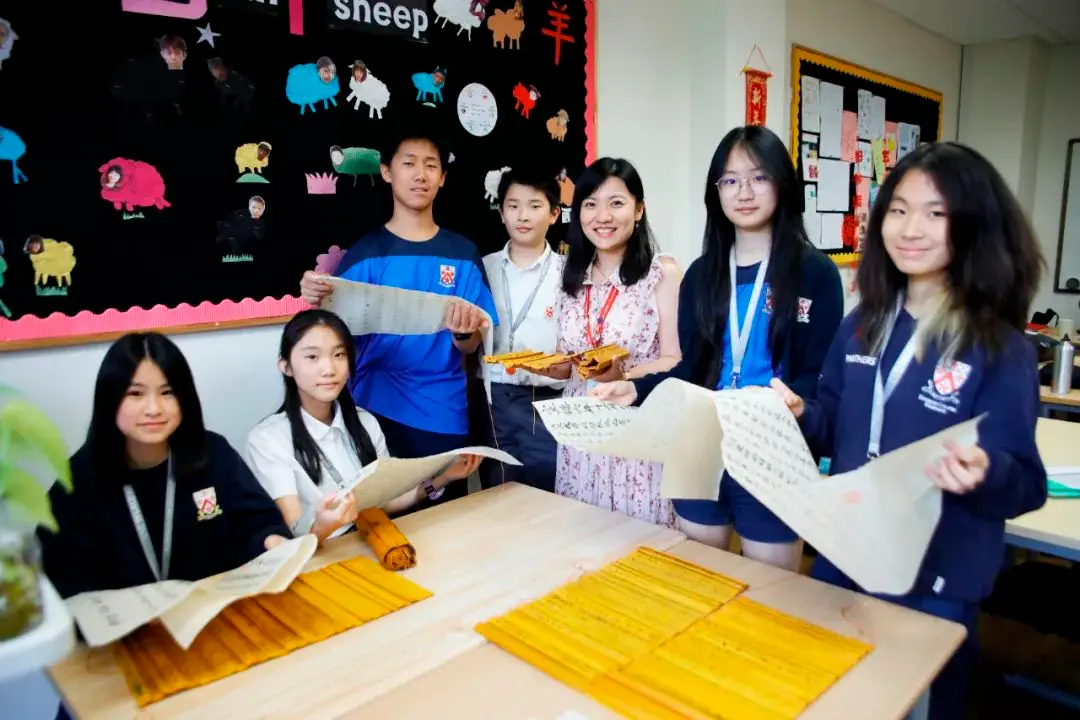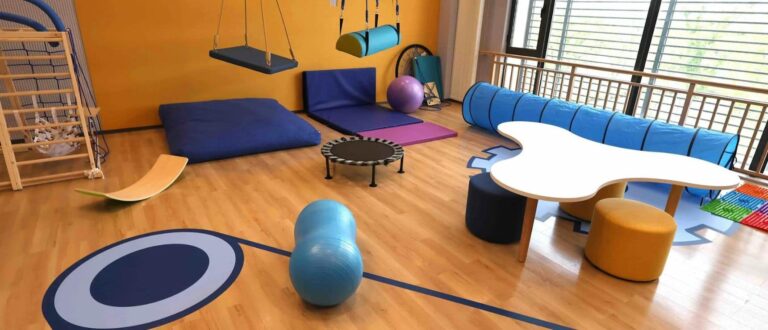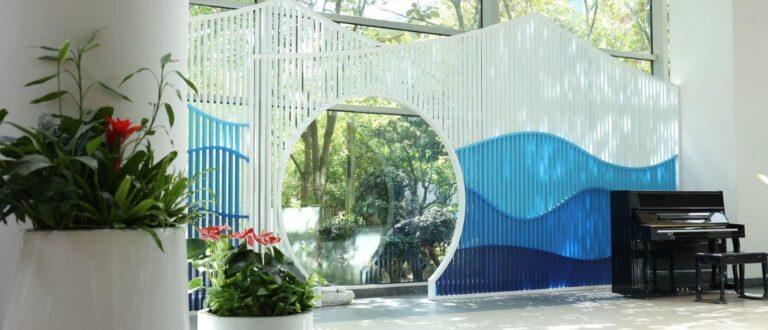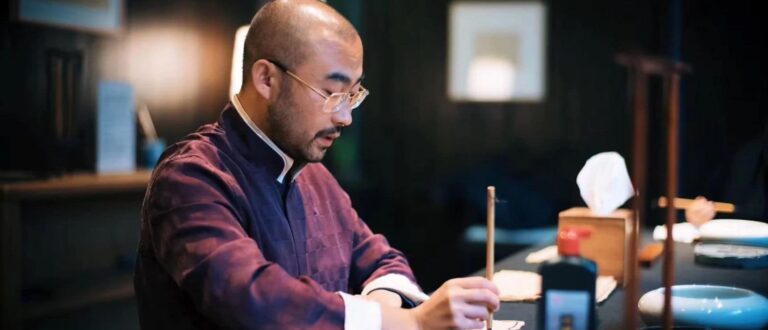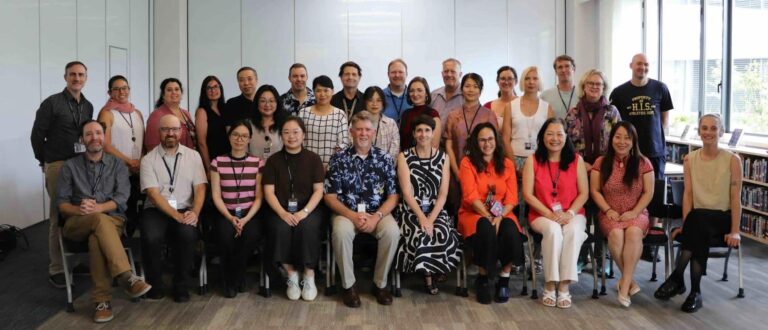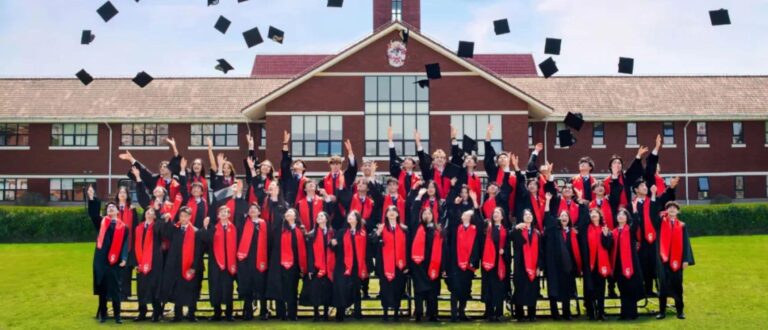In today’s globalised world, language is more than just a tool for communication. It is also a gateway to understanding culture and identity. Nowhere is this more evident than at Dulwich Pudong, where the Mandarin language programme is a cornerstone of the College’s international education.
A Holistic Language Experience
From the youngest learners in DUCKS to students preparing for their IB exams, Dulwich Pudong offers a Mandarin programme that is both robust and responsive to the needs of a diverse student body.
With three clearly defined pathways – Chinese as a Native Language (CNL); Mandarin as a Second Language (MSL); and Mandarin as a Foreign Language (MFL) – the programme caters for a wide range of abilities, from native speakers and those with a solid foundation, to complete beginners. Each pathway is designed with a specific learner profile in mind.
Starting the Mandarin Journey
The commitment to Mandarin starts early. In the DUCKS kindergarten environment, children learn through a dual-language model, where Mandarin and English coexist as natural parts of the learning day.
Rather than treating language learning as a discrete subject, the approach integrates language organically into play and instruction. This immersive environment builds confidence and helps children develop an intuitive sense for both languages, laying a solid foundation for bilingual development and a more academic approach in Years 1 and 2.
In Early Years, children learn Mandarin through play-based activities that explore characters, festivals, songs, and rhymes. In Reception, both native and non-native speakers begin formal Mandarin lessons in Term 2, starting the process of learning characters and vocabulary.
In Years 1 and 2, native speakers focus on character recognition, vocabulary, grammar, comprehension, and cultural learning, with Pinyin introduced in Year 2. Non-native learners build speaking, reading, and writing skills through dialogues, grammar, and fun activities like songs and games.
Chinese as a Native Language (CNL)
CNL at Dulwich Pudong supports native speakers to focus on and improve their reading and writing, refining their literacy, literary analysis, and expressive writing skills. This pathway mirrors the academic depth and rigour found in top local Chinese schools, with a curriculum that demands critical thinking and advanced communication. The level of Mandarin expected at IB level in Senior School is comparable to the Gaokao (高考), with our IB students achieving grades well above the global average last year.
Junior School
Adapted from the local national curriculum for our international setting, the CNL curriculum in Junior School ensures students are consistently challenged and actively engaged. Core texts are used to identify key language points for reading and writing activities, ensuring a progressive approach that builds a strong foundation in language acquisition.
Beyond language learning, students participate in whole book reading projects, developing their reading and comprehension skills, with collaborative discussions to cultivate critical thinking and oracy skills.
Senior School
Senior School students are exposed to a wide range of Chinese literary texts, historical perspectives, and philosophical ideas, including through literary circles where they can collaboratively explore Chinese works. They are also encouraged to read Chinese literature and media in their own time to deepen their understanding. Each year, students take part in The Battle of the Books – a competitive Chinese reading initiative designed to broaden exposure to diverse literary genres and enhance critical analysis skills.
Mandarin as a Second Language (MSL)
MSL caters to students with prior exposure to Mandarin who are looking to strengthen their literacy skills. Through immersion and analysis of increasingly complex materials, students gain the confidence and competence to engage with the language in real-life and academic settings.
From next year in Junior School, our MSL programme will build on Singapore’s Happy Partners (欢乐伙伴) curriculum with immersive cultural modules and digital learning tools. Students will continue developing age-appropriate Mandarin capabilities, while new interactive components will deepen real-world application and cross-cultural communication skills.
In Senior School, the MSL course develops students’ skills in listening, speaking, reading and writing, while deepening their understanding of Chinese culture. Through engaging topics like family, technology and geography, students built a strong foundation for the challenging ‘Mandarin B’ curriculum at IGCSE and IB.
Interactive activities such as role-play, group projects, media exploration and critical thinking tasks helped students apply their learning in real-life scenarios and enhanced their cultural appreciation and communication confidence.
Mandarin as a Foreign Language (MFL)
Meanwhile, MFL, designed for non-native learners, focuses on developing practical communication skills in Mandarin. Supported by tools like the Wo Hui Mandarin platform, students progress through a thoughtful curriculum that prioritises functional fluency and cultural understanding.
Our Mandarin programme opens a window into Chinese thought and culture while equipping students with critical thinking skills, creative expression, and the confidence to engage in a multicultural world. Through immersive language study, students develop strong Mandarin proficiency, preparing them for academic and professional success. By exploring literature, media, and real-world communication, they gain linguistic fluency, and the ability to analyse, debate, and articulate ideas effectively.
– Mandy Yu, Head of Mandarin, JS
Beyond Language Proficiency
What sets Dulwich Pudong apart is its belief that learning Mandarin is not simply about vocabulary and grammar, but about nurturing the ability to think, question, and reflect. As students move through the pathways, they engage in discussions that explore real-life issues, cultural nuances, and personal identity, helping them to navigate a multicultural world. In Junior School, for example, students are encouraged to analyse text through a Global Citizenship lens to help them develop a wider perspective on topics.
A wide variety of classroom and co-curricular activities also help deepen students’ connections to Chinese culture through engaging, hands-on experiences, for example kite flying and papermaking in Junior School, or our Chinese Drama CCA – which put on a performance of the classic play “莫等闲” (Do Not Wait Idle) in December.
Our student-led Traditional Chinese Crafts CCA in Senior School also provides an opportunity for participants to keep in touch with their Chinese heritage in our international setting. Meanwhile, major Chinese festivals are a highlight of the College calendar, with a range of activities organised by teachers and students themselves.
Junior and Senior School students in both CNL and MSL pathways are also encouraged to take part in prestigious SMEC Chinese Competitions for international schools. This year, our Senior School students distinguished themselves by securing first and second prizes in the 24 Solar Terms (二十四节气) and Exploring Pudong (行走浦东) categories, underscoring their mastery of both language application and cultural interpretation.
Students are not just mastering a language; they are becoming custodians of its stories, advocates for its relevance, and architects of its future in a globally minded society.”
– Shining Yang, Head of Mandarin, SS
Mandarin for the Future
Dulwich Pudong’s Mandarin programme does more than meet academic standards – it prepares students to become global citizens.
The College’s use of innovative teaching approaches, supported by technology and grounded in global best practices, ensures that students are not only learning a language – they’re learning how to connect, empathise, and lead.
As a result, graduates emerge with strong Mandarin proficiency, excellent academic outcomes, and a profound appreciation for China’s linguistic and cultural richness.
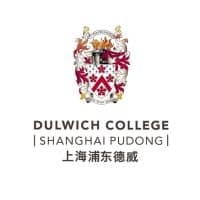
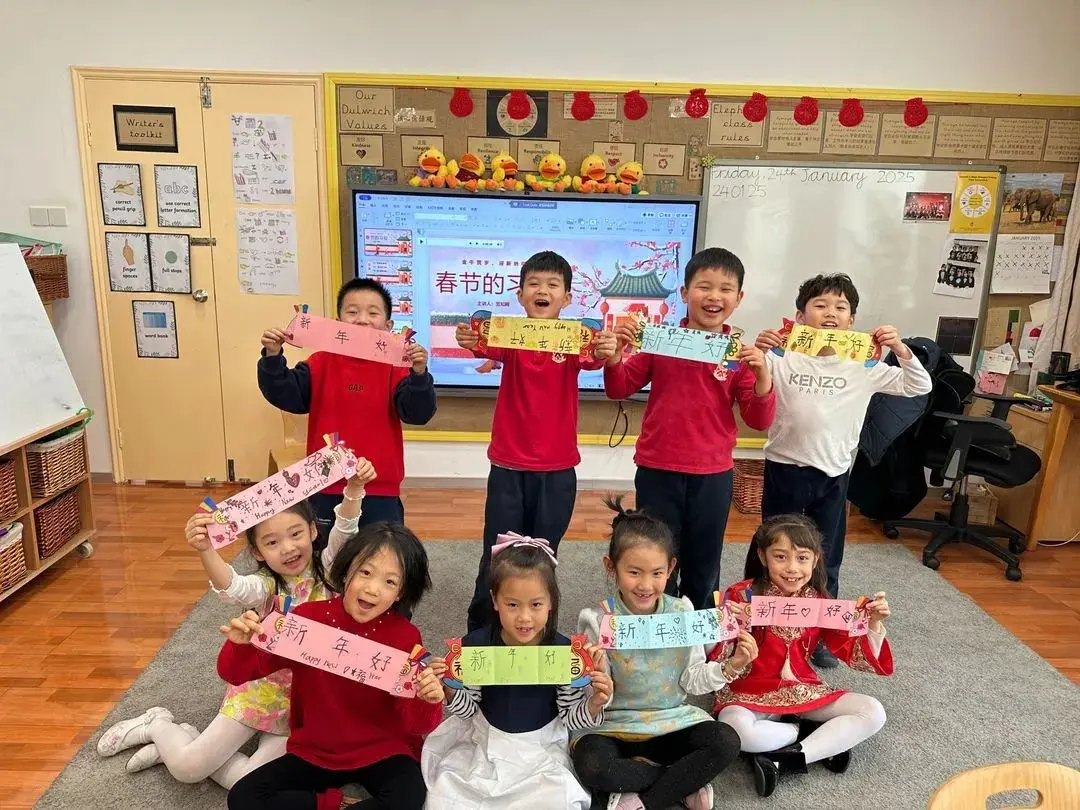
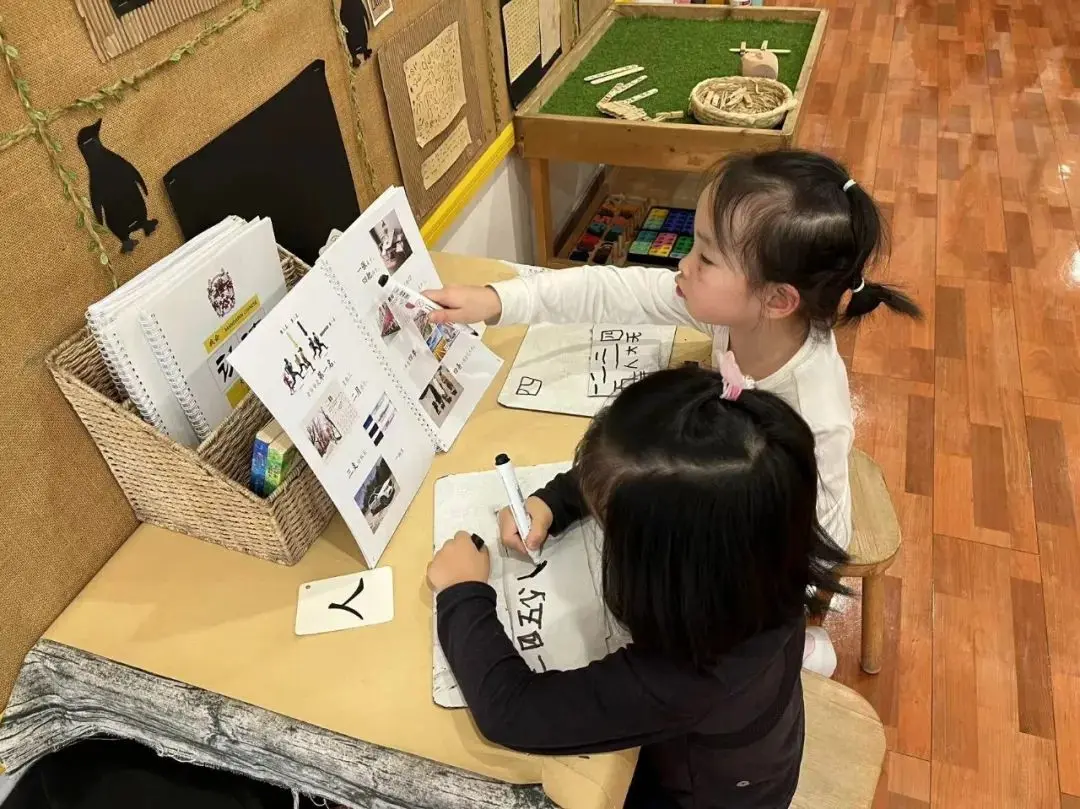
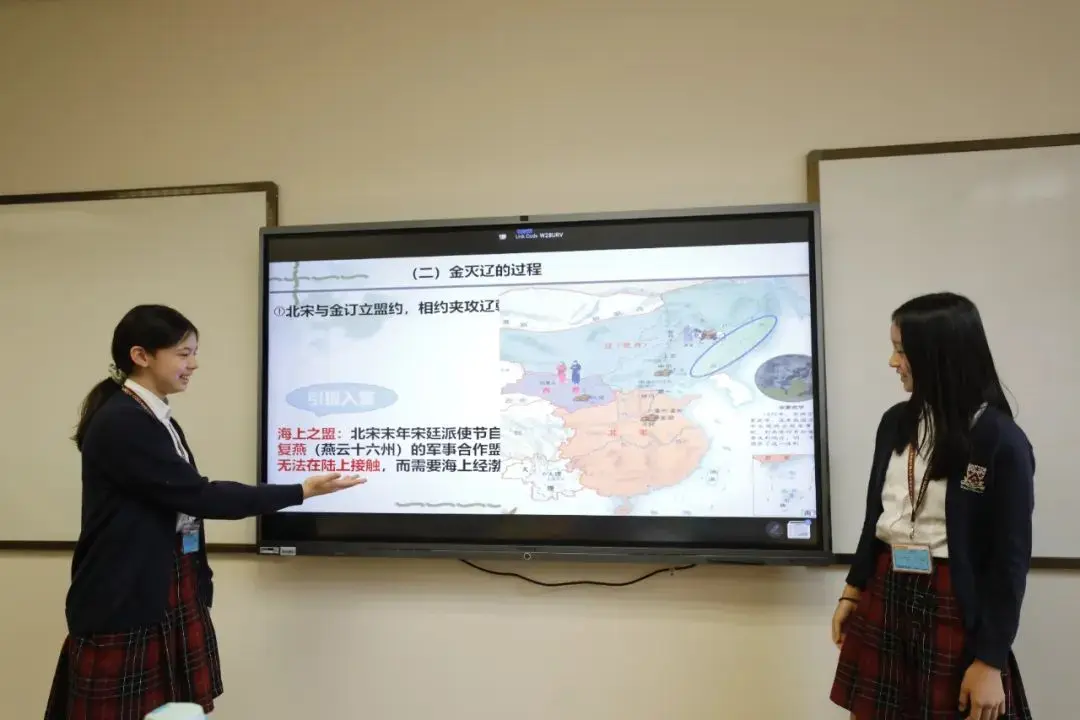
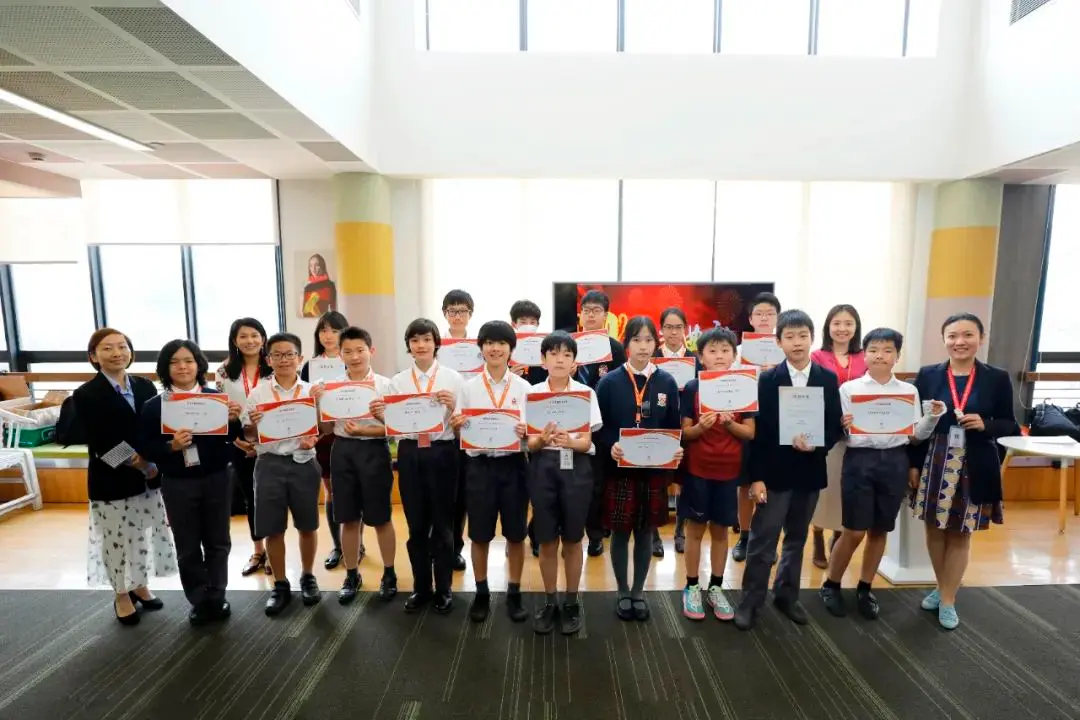
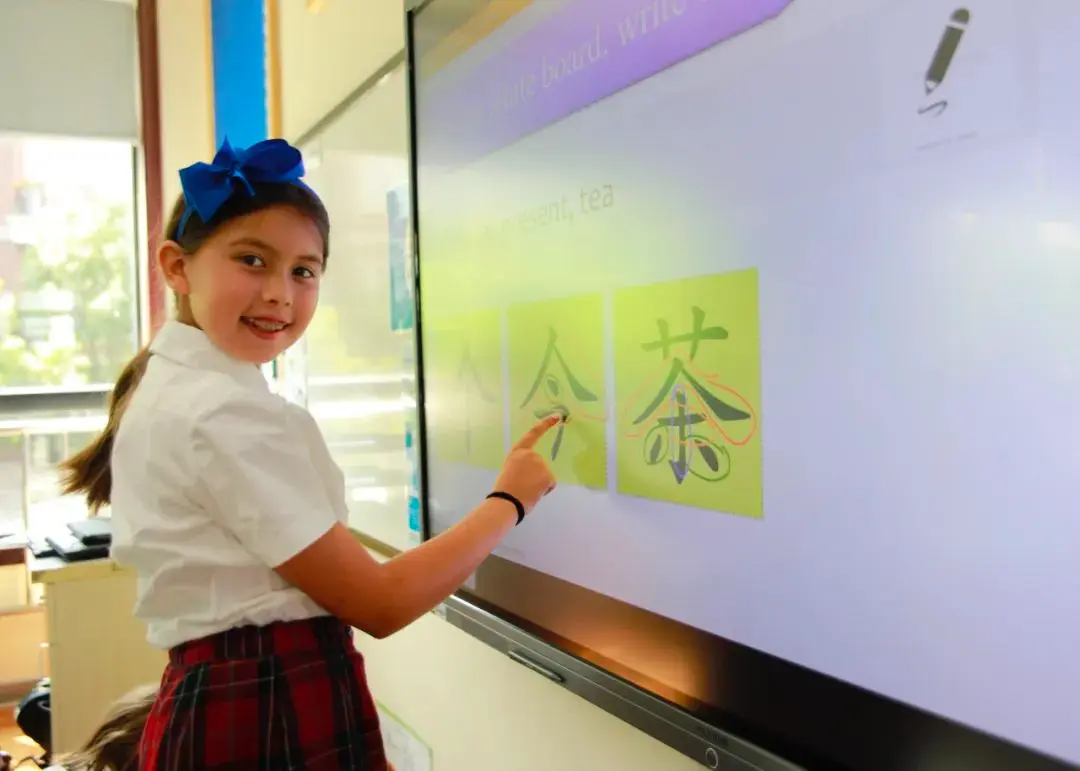

 Our Mandarin programme opens a window into Chinese thought and culture while equipping students with critical thinking skills, creative expression, and the confidence to engage in a multicultural world. Through immersive language study, students develop strong Mandarin proficiency, preparing them for academic and professional success. By exploring literature, media, and real-world communication, they gain linguistic fluency, and the ability to analyse, debate, and articulate ideas effectively.
Our Mandarin programme opens a window into Chinese thought and culture while equipping students with critical thinking skills, creative expression, and the confidence to engage in a multicultural world. Through immersive language study, students develop strong Mandarin proficiency, preparing them for academic and professional success. By exploring literature, media, and real-world communication, they gain linguistic fluency, and the ability to analyse, debate, and articulate ideas effectively.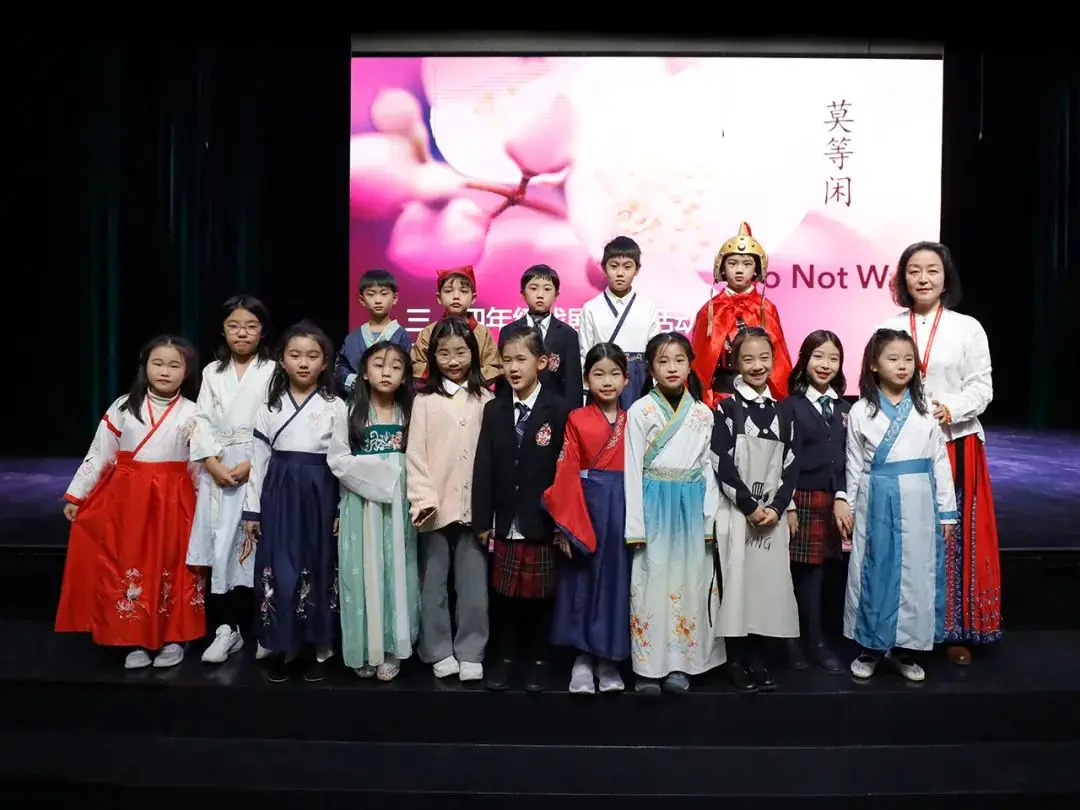
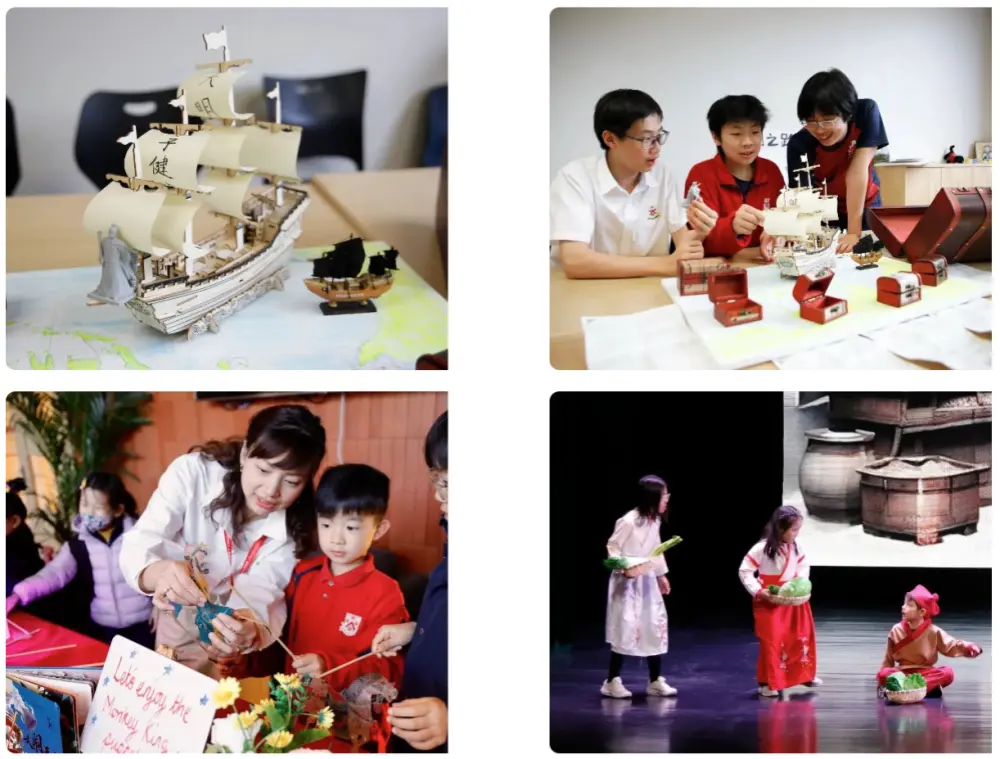
 Students are not just mastering a language; they are becoming custodians of its stories, advocates for its relevance, and architects of its future in a globally minded society.”
Students are not just mastering a language; they are becoming custodians of its stories, advocates for its relevance, and architects of its future in a globally minded society.”